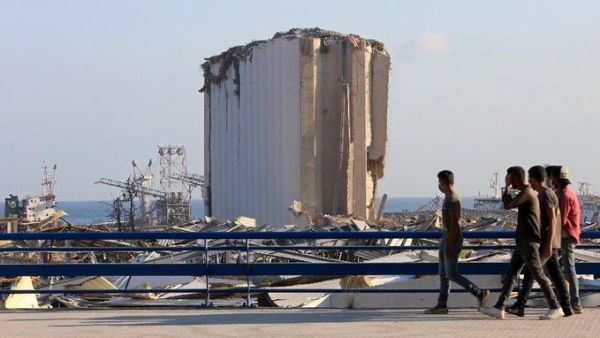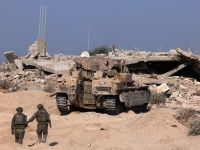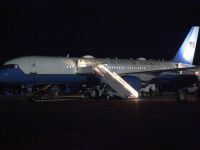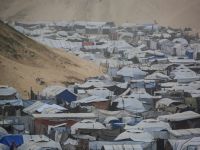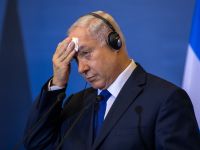Lebanon’s Higher Defense Council Wednesday extended general mobilization regulations until the end of the year, following an alarming spike in COVID-19 cases over the last month.
The move marks the ninth extension, giving authorities the legal powers necessary to implement strict measures designed to contain the virus.
“We are going through a delicate phase in the confrontation with corona. The number of infections is rising in a way that suggests that if the rise continues, we will lose control of the epidemic,” caretaker Prime Minister Hassan Diab said at the start of the Higher Defense Council meeting.
Lebanon registered a record number of 12 deaths due to coronavirus complications Tuesday and 532 new cases, bringing the total number of cases so far to 13,687.
“The number of deaths is also rising dramatically, so I see the need to renew the general mobilization until the end of this year,” Diab said.
Awash with coronavirus infections, Lebanon began another phase of tightened containment measures last week, with restaurants, pubs, nightclubs, markets, public pools and beaches forced to close. The lockdown is expected to end Sept. 6.
Diab also addressed the extension for a mandate extension for United Nations Interim Force in Lebanon.
Caretaker Foreign Minister Charbel Wehbe submitted to the council a detailed report on the extension of UNIFIL’s mandate, local media reported. The council stressed the need for a one-year extension without any modification in tasks or numbers.
"The atmosphere that we have is positive in principle, and I assume that the extension for UNIFIL will be ratified on Friday by the UN Security Council. It is in the interest of the countries of the world that the extension of UNIFIL be done without modifying its missions,” Diab said.
Diab also took the opportunity to address ongoing investigations of the catastrophic Beirut Port explosion.
“With regard to the disaster of the Beirut Port explosion, it is necessary to speed up the investigations. I hoped the French president would send France satellite images before, during and after the explosion to help the Lebanese apparatus and judiciary in the investigations,” he said.
This article has been adapted from its original source.


